The Philosophy behind the Evolution of Political Liberalism
Political liberalism is not just a political ideology; it embodies a rich tapestry of philosophical thought woven through centuries of human experience and struggle. At its core, political liberalism champions the idea of individual freedom and equality, advocating for a system where government exists to serve the people rather than the other way around. This concept can often feel like a beacon of hope in a world fraught with challenges and contradictions. But how did we arrive at this complex yet captivating philosophy?
To grasp the evolution of political liberalism, we must first journey back to the Enlightenment period, a time when the seeds of modern democratic thought were sown. Thinkers like John Locke and Jean-Jacques Rousseau began to question the status quo, challenging the divine right of kings and promoting the idea that governments should be founded on the consent of the governed. Their revolutionary ideas laid the groundwork for what we now recognize as liberal democracy. Imagine a world where the voice of the individual mattered—a radical concept at the time!
As we navigate through the corridors of history, we see how these foundational ideas have been tested and transformed. Political liberalism has endured numerous trials, from the rise of authoritarian regimes to the pressing issues of economic inequality. Each challenge has forced liberal thought to adapt, evolve, and sometimes, to fortify itself against the tides of oppression. The resilience of political liberalism is akin to a tree that bends in the wind but does not break—its roots deep in the soil of individual rights and freedoms.
In this article, we will explore not only the historical context and key philosophers that shaped political liberalism but also the challenges it faces today. We will delve into the intricate relationship between individual rights and government responsibilities, examining how these dynamics continue to influence our societies. As we look to the future, we will contemplate what political liberalism might become in an increasingly interconnected and complex world.
So, what does the future hold for political liberalism? Will it continue to thrive, or will it succumb to the pressures of authoritarianism and inequality? Join us as we embark on this enlightening journey through the philosophy behind the evolution of political liberalism, where each turn reveals new insights and reflections on the world we live in today.
- What is political liberalism? Political liberalism is an ideology that emphasizes individual freedoms, equality, and the protection of rights, advocating for a government that serves its citizens.
- Who are the key philosophers associated with political liberalism? Key philosophers include John Locke, Jean-Jacques Rousseau, and John Stuart Mill, each contributing unique ideas that shaped liberal thought.
- What challenges does political liberalism face today? Political liberalism faces challenges such as authoritarianism, economic inequality, and the impacts of globalization.
- How has political liberalism evolved over time? Political liberalism has evolved by adapting to historical challenges, incorporating new ideas, and responding to the changing dynamics of society.

The Origins of Political Liberalism
Understanding the historical context that birthed political liberalism is essential. The roots of this ideology stretch back to the Enlightenment period, a time when reason and individualism were championed over tradition and authority. Thinkers of this era sought to challenge the established norms and pave the way for a society that values freedom, equality, and justice. It was a revolutionary phase that ignited the flames of change across Europe and beyond.
During the Enlightenment, philosophers began to question the divine right of kings and the absolute power of monarchies. They argued that legitimate authority comes from the consent of the governed, a concept that would become a cornerstone of liberal thought. The shift from a society governed by hereditary rulers to one based on the principles of democracy and individual rights was nothing short of a revolutionary breakthrough.
Key figures such as John Locke, Jean-Jacques Rousseau, and Montesquieu emerged during this period, each contributing unique perspectives that would shape the evolution of political liberalism. Locke's ideas about natural rights, Rousseau's concept of the general will, and Montesquieu's advocacy for the separation of powers provided the intellectual foundation for modern democratic systems.
To understand the origins of political liberalism, we must also consider the socio-political environment of the time. The American Revolution and the French Revolution were pivotal events that exemplified the struggle for liberty and equality. These revolutions were not merely political upheavals; they were profound statements about the rights of individuals and the role of government in society. They challenged centuries of autocratic rule and set the stage for a new political order based on liberal principles.
In essence, the origins of political liberalism are intertwined with the ideals of the Enlightenment, the emergence of revolutionary movements, and the writings of influential philosophers. This rich tapestry of thought and action laid the groundwork for a political philosophy that emphasizes the importance of individual rights, democratic governance, and the rule of law. As we explore the subsequent developments in political liberalism, it's crucial to recognize that these early ideas continue to resonate in our contemporary political landscape.
As we delve deeper into this subject, we will uncover how these foundational ideas were further developed by key thinkers and how they continue to influence political discourse today. The journey of political liberalism is not just a historical narrative; it is a living, breathing philosophy that shapes our understanding of freedom and governance in the modern world.
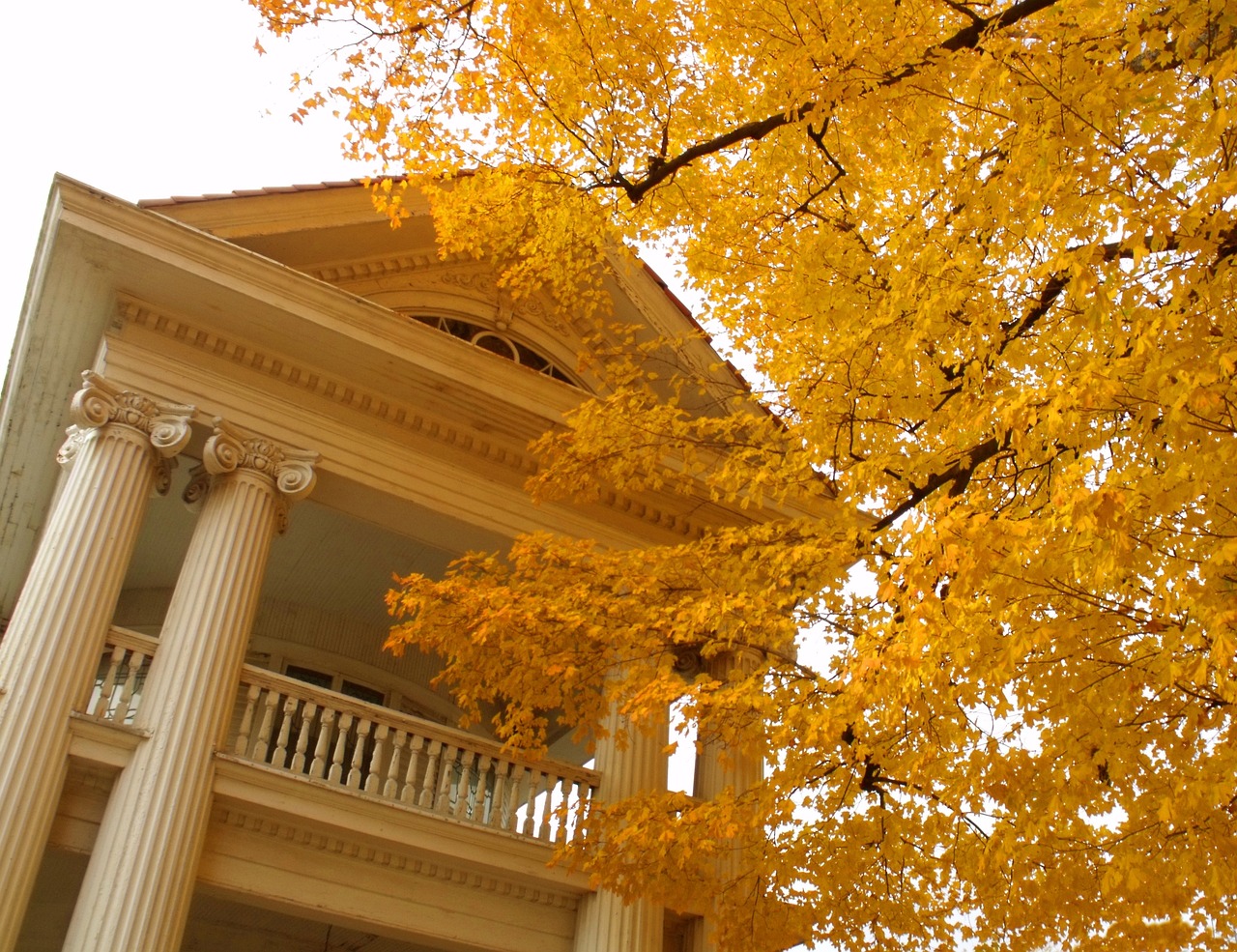
Key Philosophers and Their Contributions
Political liberalism, as we know it today, owes much of its foundation to a handful of remarkable philosophers who challenged the status quo and redefined the relationship between individuals and the state. Their ideas not only shaped the theoretical underpinnings of liberalism but also paved the way for modern democratic governance. Let's dive into the thoughts of these intellectual giants, starting with John Locke, who is often hailed as the father of liberalism.
Locke's social contract theory is revolutionary. He posited that individuals possess inherent rights, and that governments derive their authority from the consent of the governed. This notion of government as a protector of individual rights is central to liberal thought. Locke emphasized that individuals have the right to life, liberty, and property, and that any government that fails to protect these rights is illegitimate. In his view, the social contract is not just a theoretical construct; it is a practical agreement that binds individuals to a government in exchange for the protection of their fundamental rights.
Locke’s assertion of natural rights is particularly significant. He argued that these rights are not granted by any authority but are inherent to each person. This concept challenges the traditional view of monarchy and authoritarian rule, asserting instead that individuals are entitled to their freedoms. Locke's ideas inform the relationship between individuals and the state, suggesting that the government exists to serve the people, not the other way around. This was a radical departure from the prevailing thought of his time, which often placed the monarch above the rights of the individual.
The influence of Locke's theories on modern democratic systems cannot be overstated. His ideas about limited government, checks and balances, and the importance of a constitutional framework have been integrated into many democratic constitutions worldwide. For example, the United States Constitution reflects Locke’s principles, particularly in its emphasis on individual rights and the separation of powers. Locke’s legacy can be seen in the way we approach governance today, where the focus is on protecting individual freedoms and ensuring that power is not concentrated in the hands of a few.
Moving on to Jean-Jacques Rousseau, we encounter a different perspective that introduces a collective aspect to liberalism. Rousseau's concept of the general will emphasizes the need for individuals to come together to form a collective identity that transcends personal interests. He argued that true freedom is found not just in individual liberty but in the active participation of citizens in the democratic process. This idea challenges the individualism that characterizes much of liberal thought and suggests that civic responsibility is just as important as personal rights.
Rousseau believed that the general will represents the common good and that individuals must sometimes subordinate their personal desires to the collective interest. This notion raises important questions about the balance between individual rights and societal obligations, a debate that continues to resonate in contemporary political discourse.
In summary, the contributions of key philosophers like John Locke and Jean-Jacques Rousseau have been instrumental in shaping the principles of political liberalism. Their ideas about individual rights, government by consent, and the importance of civic engagement continue to influence democratic thought and practice today. As we navigate the complexities of modern governance, reflecting on these philosophical foundations can provide valuable insights into the challenges and opportunities that lie ahead.
- What is political liberalism? Political liberalism is a political philosophy that emphasizes individual rights, freedom, and the role of government in protecting these rights.
- Who are the key philosophers associated with political liberalism? Key philosophers include John Locke, Jean-Jacques Rousseau, and John Stuart Mill, each contributing unique ideas that shaped liberal thought.
- How did John Locke influence modern democracy? Locke's theories on natural rights and government by consent laid the groundwork for constitutional frameworks that prioritize individual freedoms.
- What is Rousseau's concept of the general will? Rousseau's general will emphasizes the collective interest of society, suggesting that true freedom comes from active participation in governance.

John Locke's Social Contract
John Locke's theory of the social contract is a cornerstone of political liberalism, and it fundamentally reshapes our understanding of individual rights and government. Locke proposed that individuals possess inherent rights that must be protected by the state. This idea was revolutionary, as it placed the power of governance in the hands of the people, rather than being derived from divine right or authoritarian rule. He argued that the legitimacy of government stems from the consent of the governed, a principle that resonates strongly in modern democratic societies.
Locke's social contract emphasizes three key elements: individual rights, government by consent, and the protection of property. These elements are not just abstract concepts; they are practical guidelines for how societies should function. Locke believed that every individual has a natural right to life, liberty, and property. He contended that the primary role of government is to safeguard these rights. If a government fails to do so, citizens are not only entitled but obligated to revolt. This radical idea laid the groundwork for future revolutions and the establishment of constitutional democracies.
In Locke's view, the social contract is a mutual agreement between the rulers and the ruled. The government is granted authority to govern in exchange for its promise to protect the rights of its citizens. This relationship is akin to a business contract where both parties have obligations to fulfill. If one party fails to uphold their end of the deal, the other has the right to withdraw their consent. This notion of consent is what differentiates liberalism from other political ideologies, where the authority may not necessarily be derived from the people's will.
Locke's influence extends beyond just political theory; it has practical applications in modern governance. His ideas on property rights, for instance, have shaped laws and regulations concerning ownership and inheritance. The concept of limited government, which he championed, has led to the establishment of checks and balances in many democratic systems, ensuring that no single entity can wield unchecked power.
To better understand Locke's contributions, let's summarize his key ideas in the following table:
| Key Concept | Description |
|---|---|
| Individual Rights | Rights inherent to all individuals, including life, liberty, and property. |
| Government by Consent | The legitimacy of government is derived from the consent of the governed. |
| Protection of Property | The government's primary role is to protect the rights and property of its citizens. |
Locke’s ideas have not only influenced political structures but have also fostered a culture of individualism and personal freedom. His emphasis on rational thought and empirical evidence laid the groundwork for the Enlightenment, encouraging people to question traditional authority and seek knowledge. This intellectual revolution was pivotal in shaping the modern world, leading to advancements in science, ethics, and governance.
In conclusion, John Locke's social contract theory is more than just a philosophical concept; it is a vital framework that continues to influence contemporary political thought and practice. His belief in individual rights and government accountability resonates in today's democratic societies, reminding us that the power of governance must always reflect the will and welfare of the people.

Natural Rights and Government
When we dive into the essence of political liberalism, we can't ignore the profound impact of John Locke's assertion of natural rights. Locke championed the idea that every individual possesses inherent rights simply by being human. These rights—primarily life, liberty, and property—form the bedrock of liberal thought. Imagine a world where your basic freedoms are guaranteed, where the government exists not to control, but to protect these rights. This is the vision Locke painted, and it has resonated through the ages.
Locke argued that the primary role of government is to safeguard these natural rights. He believed that individuals enter into a social contract with their government, agreeing to relinquish some freedoms in exchange for protection and order. This contract is not just a mere agreement; it’s a foundational principle that underscores the legitimacy of authority. If a government fails to uphold its end of the bargain—if it infringes upon those natural rights—then, according to Locke, the people have not only the right but the duty to revolt. This revolutionary idea has empowered citizens throughout history, reminding us that governance is a privilege granted by the governed.
Locke's philosophy posits that natural rights are not granted by any authority; rather, they are inherent to every person. This concept challenges the traditional notion of power, suggesting that governments derive their legitimacy from the consent of the governed. In practical terms, this means that a government's authority is contingent upon its ability to protect the rights of its citizens. If we think of government as a guardian, its primary job is to ensure that the rights of individuals are not trampled upon. This relationship between individuals and the state is crucial in understanding the dynamics of political liberalism.
To illustrate the relationship between natural rights and government, consider the following table:
| Natural Rights | Government's Role |
|---|---|
| Life | Protecting citizens from harm |
| Liberty | Ensuring freedom of expression and action |
| Property | Safeguarding ownership and preventing theft |
In summary, Locke's insights into natural rights and the role of government have profoundly shaped our understanding of political liberalism. His ideas not only laid the groundwork for modern democratic principles but also continue to inspire movements advocating for justice and equality. As we navigate the complexities of contemporary governance, reflecting on these foundational concepts reminds us of the enduring importance of protecting our natural rights against any encroachment.
- What are natural rights? Natural rights are fundamental rights that every individual possesses by virtue of being human, including life, liberty, and property.
- How does Locke's social contract relate to natural rights? Locke's social contract theory posits that individuals consent to form a government to protect their natural rights, and if the government fails to do so, the people have the right to revolt.
- Why are natural rights important in political liberalism? Natural rights are crucial as they establish the basis for individual freedoms and limit governmental power, ensuring that authority is derived from the consent of the governed.

Influence on Modern Democracy
The influence of John Locke's theories on modern democracy is profound and far-reaching. His ideas laid the groundwork for the democratic principles we cherish today, such as the rule of law, the protection of individual rights, and the necessity of government by consent. Imagine a world where the government holds absolute power over its citizens; it would be chaotic and oppressive. Locke's insistence on a government that derives its authority from the consent of the governed was revolutionary, shifting the balance of power from the rulers to the people.
Locke's theories can be seen as the bedrock of constitutional democracies around the globe. His notion of a social contract implies that individuals agree to form societies and establish governments to protect their inherent rights. This idea is crucial because it implies that the government exists to serve the people, not the other way around. In many modern democracies, this principle is enshrined in constitutions, ensuring that citizens have a say in how they are governed.
Furthermore, Locke's emphasis on natural rights—life, liberty, and property—continues to resonate in contemporary political discourse. These rights are often reflected in various human rights declarations and legal frameworks. For instance, the Universal Declaration of Human Rights, adopted by the United Nations in 1948, embodies principles that echo Locke's philosophy. Below is a table that illustrates how Locke's ideas manifest in modern democratic principles:
| Locke's Ideas | Modern Democratic Principles |
|---|---|
| Government by consent | Free and fair elections |
| Natural rights | Human rights protections |
| Right to rebellion | Peaceful protests and civil disobedience |
| Separation of powers | Checks and balances in government |
In addition to these foundational ideas, Locke's influence extends to the concept of limited government. He argued that the powers of the government should be restricted to prevent tyranny. This principle is evident in the structure of many democratic governments, where the powers are divided among different branches to ensure that no single entity becomes too powerful. The U.S. Constitution is a prime example of this, incorporating checks and balances to maintain a system where power is distributed and accountable.
Locke's vision of democracy was not without its challenges, however. The implementation of his ideas has often faced resistance from various political ideologies that prioritize collective over individual rights. Yet, the enduring legacy of his thought continues to inspire movements for freedom and democracy worldwide. When we reflect on current events, from protests advocating for human rights to calls for governmental transparency, it becomes clear that Locke's influence is still very much alive.
In conclusion, the impact of John Locke on modern democracy cannot be overstated. His philosophical contributions have shaped the way we view governance, individual rights, and the very essence of democracy itself. As we navigate contemporary political landscapes, it is essential to remember the principles laid out by Locke and strive to uphold them in our pursuit of a just society.
- What are the core principles of political liberalism? Political liberalism emphasizes individual rights, government by consent, and the protection of civil liberties.
- How did John Locke influence modern democracy? Locke's theories about the social contract and natural rights laid the groundwork for democratic governance and the protection of individual liberties.
- What is the significance of the social contract? The social contract is a philosophical concept that suggests individuals consent to form a government that will protect their rights, thus legitimizing its authority.
- How does economic inequality challenge political liberalism? Economic inequality can undermine the principles of political liberalism by creating disparities in power and access to resources, leading to questions about social justice and representation.
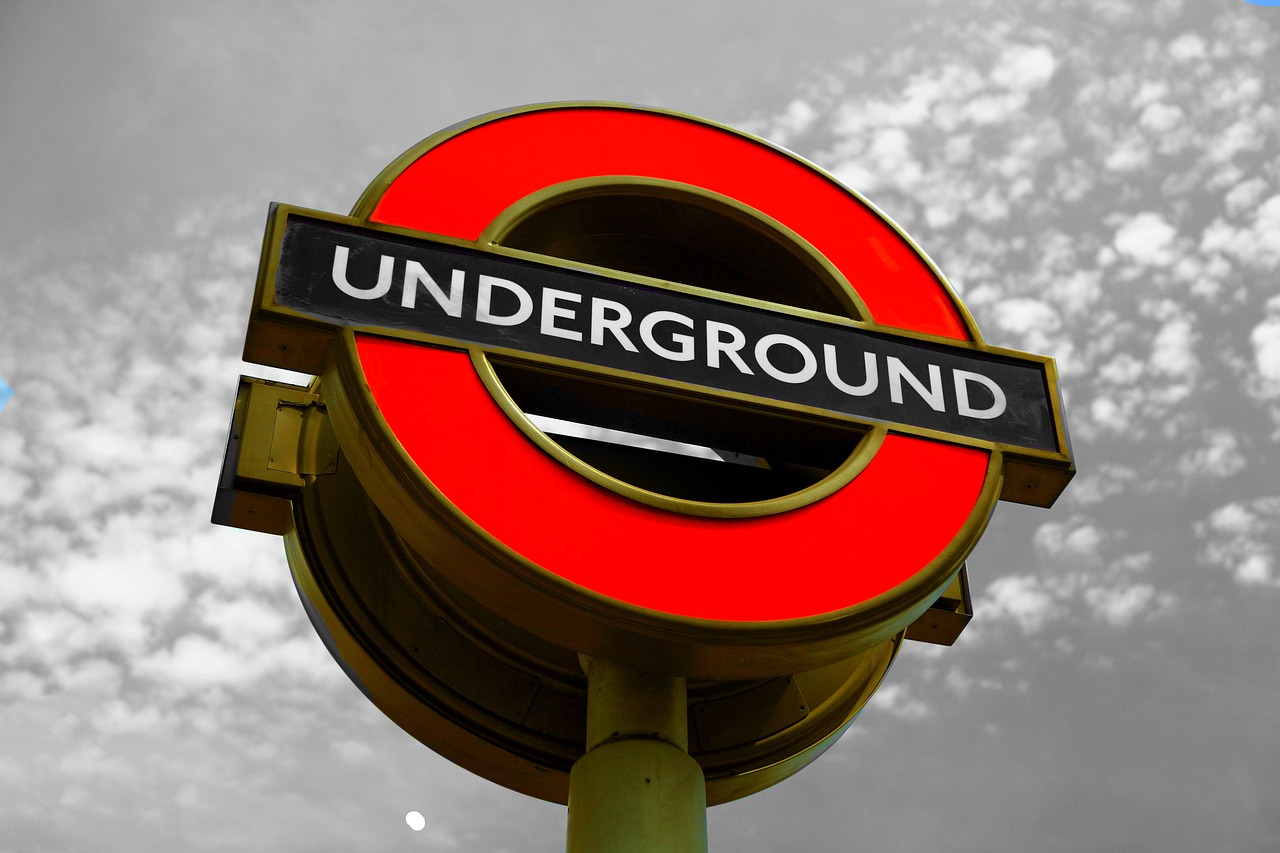
Rousseau and the General Will
When we dive into the world of Jean-Jacques Rousseau, we step into a realm where the individual and the collective dance a delicate tango. Rousseau's concept of the General Will is a cornerstone of his political philosophy, presenting a vision of democracy that emphasizes the collective over the individual. But what does this really mean? At its core, the General Will represents the common interests of the people, transcending personal desires and aspirations. It's as if Rousseau is urging us to look beyond our own reflections in the mirror and consider the broader picture of society.
Rousseau believed that true freedom is found not in isolation but within the framework of a community that respects and promotes the common good. This idea challenges the more individualistic strains of liberal thought, suggesting that our personal liberties are best secured when we actively participate in the collective decision-making process. Imagine a town hall meeting where every voice matters; this is the essence of Rousseau's vision. He argued that when individuals come together to form a social contract, they should aim to reach a consensus that reflects the General Will, rather than just a collection of individual preferences.
However, Rousseau's General Will is not without its complexities. It raises important questions about how we determine what the General Will truly is. Who gets to decide what constitutes the common good? Rousseau acknowledges that this can lead to potential pitfalls, such as the risk of the majority suppressing the minority. In essence, while Rousseau's framework promotes inclusivity, it also demands vigilance to ensure that the General Will does not become a tool for oppression.
To better understand Rousseau's ideas, let’s break down some key aspects of the General Will:
- Collective Sovereignty: Rousseau posits that sovereignty belongs to the people as a whole, not to a monarch or a select few. This shifts the power dynamics and places emphasis on democratic governance.
- Voluntary Participation: Individuals must willingly engage in the formation of the General Will. This participation is crucial for legitimacy and ensures that the collective decision-making process is respected.
- Common Good vs. Individual Interests: The General Will is aimed at the common good, which sometimes requires individuals to set aside their personal interests for the sake of the community.
Rousseau's ideas have profoundly influenced modern political thought, particularly in the realm of democracy. His emphasis on civic freedom and active participation in governance resonates in today’s political landscape, where movements for greater inclusivity and representation continue to gain momentum. In many ways, Rousseau was ahead of his time, envisioning a society where individuals are not just passive recipients of laws but active participants in shaping their destinies.
As we reflect on the implications of Rousseau's General Will, it becomes clear that his philosophy challenges us to think critically about our roles within our communities. Are we merely consumers of our political systems, or are we engaged citizens helping to mold the future? Rousseau's work invites us to embrace our collective power and strive for a society that honors both individual rights and the common good.
- What is the General Will? The General Will is a concept introduced by Rousseau, representing the collective interests and desires of the people as a whole, which should guide the governance of society.
- How does Rousseau's idea of the General Will differ from individualism? While individualism emphasizes personal rights and freedoms, Rousseau's General Will prioritizes the common good and encourages individuals to participate in collective decision-making.
- What are the implications of the General Will in modern democracy? Rousseau's ideas encourage active civic participation and inclusivity in governance, which are essential for a healthy democratic society.
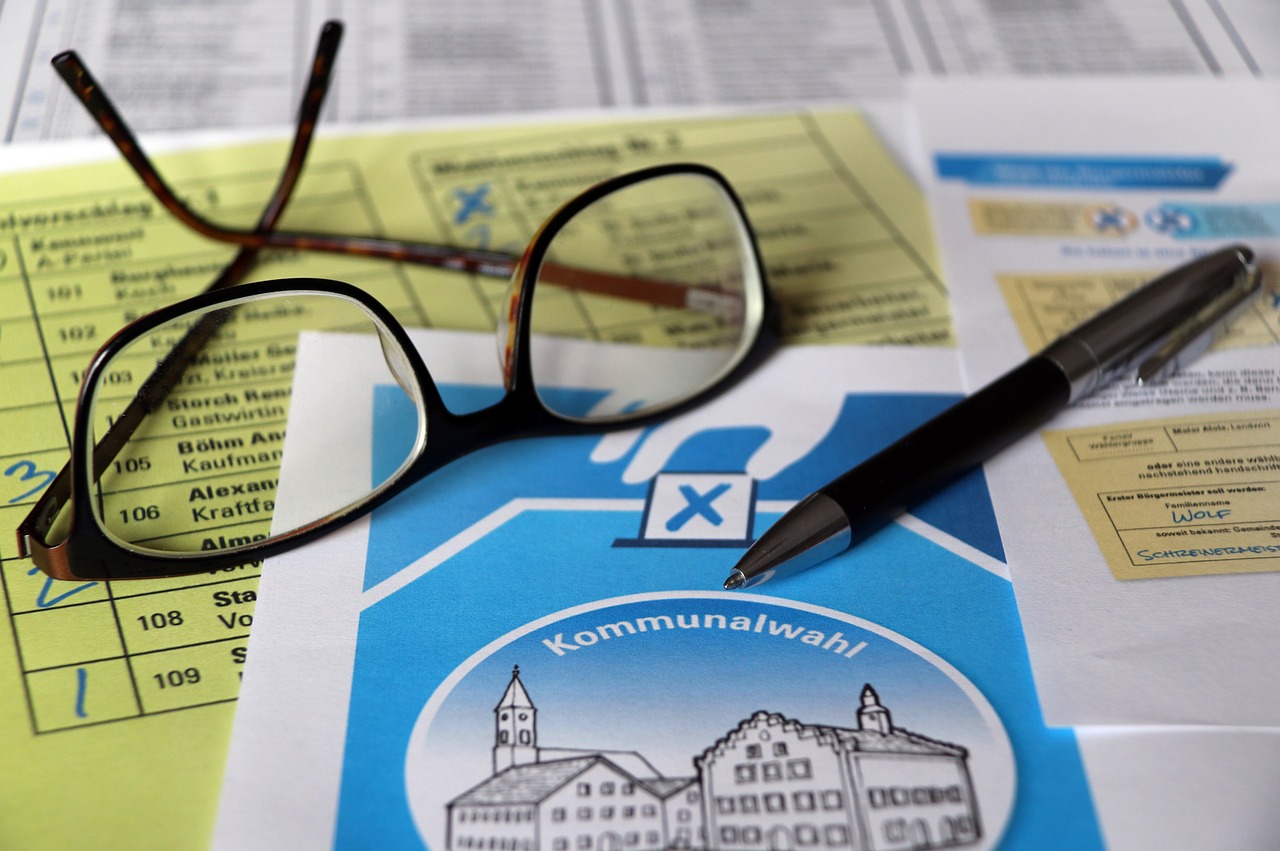
Challenges to Political Liberalism
Political liberalism, while a powerful and transformative ideology, has not been without its challenges. Throughout history, it has faced numerous obstacles that have tested its resilience and adaptability. One of the most pressing challenges is the rise of authoritarianism, which threatens the very foundations of liberal democracy. Authoritarian regimes often undermine individual freedoms and the rule of law, creating an environment where dissent is suppressed and civic engagement is stifled. This resurgence can be attributed to various factors, including economic instability, political disillusionment, and the allure of strongman leadership. The allure of a decisive leader can be tempting during times of crisis, leading citizens to prioritize security over liberty.
Furthermore, the challenge of economic inequality looms large in the landscape of political liberalism. As wealth becomes increasingly concentrated in the hands of a few, the promise of liberalism—to provide equal opportunities for all—comes under scrutiny. Economic disparities can lead to social unrest, eroding trust in democratic institutions and fueling populist sentiments. When people feel that the system is rigged against them, they may turn away from liberal ideals in favor of more radical alternatives. The relationship between economic inequality and political liberalism is complex, as it raises critical questions about the effectiveness of liberal policies in achieving social justice.
In addition to these challenges, we must also consider the impact of nationalism on political liberalism. In recent years, we have seen a rise in nationalist sentiments across the globe, often accompanied by a rejection of liberal values. Nationalism can create a divisive atmosphere, where the focus shifts from universal human rights to the interests of a particular group. This shift poses a significant threat to the inclusivity that is central to liberal thought. As nations grapple with their identities in an increasingly interconnected world, the tension between nationalism and liberalism becomes more pronounced.
Moreover, the rapid pace of technological advancement presents a double-edged sword for political liberalism. On one hand, technology can enhance democratic participation by providing new platforms for civic engagement and information dissemination. On the other hand, it can also facilitate surveillance and the erosion of privacy, which are antithetical to liberal values. The challenge lies in finding a balance that harnesses the benefits of technology while safeguarding individual rights.
To encapsulate these challenges, we can summarize them in the following table:
| Challenge | Description |
|---|---|
| Authoritarianism | The rise of authoritarian regimes undermines individual freedoms and the rule of law. |
| Economic Inequality | Wealth concentration raises questions about equal opportunities and social justice. |
| Nationalism | Nationalist sentiments can lead to exclusion and a rejection of universal human rights. |
| Technological Advancement | While technology can enhance democracy, it can also threaten privacy and individual rights. |
As we navigate these challenges, it is crucial to engage in ongoing dialogue and reflection about the future of political liberalism. The ideology must evolve to address these contemporary issues while remaining true to its core principles. The resilience of political liberalism will ultimately depend on its ability to adapt and respond to the changing dynamics of society.
- What is political liberalism? Political liberalism is a political philosophy that emphasizes individual rights, equality, and democracy.
- What are the main challenges facing political liberalism today? The main challenges include authoritarianism, economic inequality, nationalism, and the impact of technology.
- How can political liberalism adapt to contemporary challenges? Political liberalism can adapt by promoting inclusive policies, ensuring economic justice, and leveraging technology for democratic engagement.
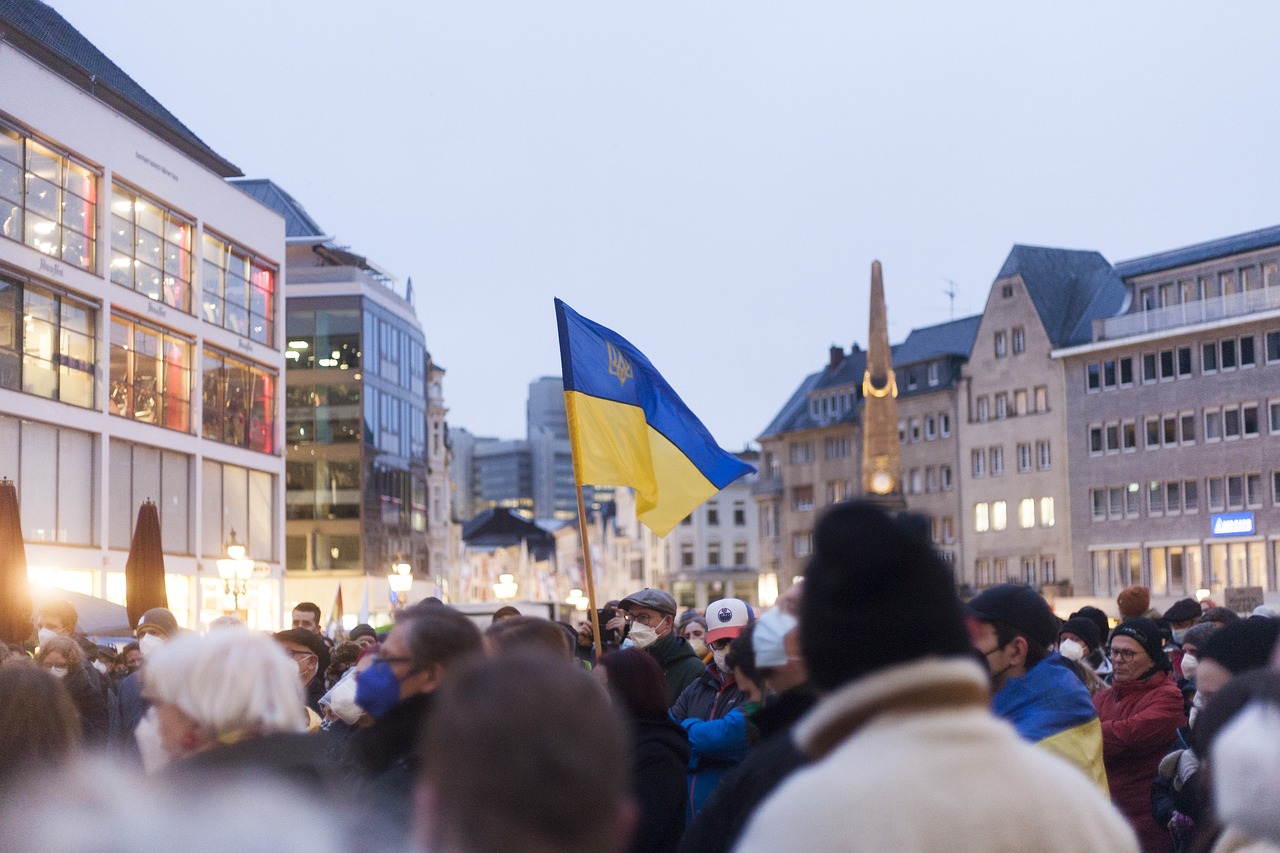
Authoritarianism's Resurgence
The resurgence of authoritarianism in various parts of the world is a phenomenon that has raised eyebrows among political analysts and ordinary citizens alike. It seems as if, after decades of promoting democracy and liberal values, we are witnessing a significant pushback. But what’s driving this shift? Is it merely a reaction to global events, or is it something deeper, rooted in the very fabric of our societies?
To understand this resurgence, we must first recognize the factors contributing to the rise of authoritarian regimes. These factors often include economic instability, social unrest, and the manipulation of public sentiment through propaganda. In many cases, leaders exploit crises—be they economic downturns, public health emergencies, or security threats—to consolidate power and undermine democratic institutions. This tactic is akin to a magician diverting attention from the trick, keeping the audience focused on the illusion while the real sleight of hand occurs elsewhere.
Another critical aspect fueling authoritarianism is the disillusionment with traditional democratic processes. Many citizens feel that their voices are not being heard, leading to a sense of apathy or even hostility towards democratic institutions. In a world where political parties seem more interested in power than in the welfare of the people, it’s no wonder that some individuals are drawn to strongman leaders who promise quick solutions and stability. This is reminiscent of a ship seeking a captain during a storm; in their desperation, they may overlook the captain's questionable qualifications.
Moreover, the role of technology cannot be underestimated. Social media platforms, while providing a space for democratic engagement, can also serve as tools for authoritarian regimes to spread misinformation and manipulate public opinion. The rapid dissemination of information can create echo chambers where dissenting voices are drowned out, making it easier for authoritarian narratives to take root. This duality of technology is a double-edged sword, capable of both empowering the populace and enabling oppressive regimes.
As we analyze the landscape of contemporary politics, it becomes evident that the challenges to political liberalism are multifaceted. Authoritarianism is not merely a political ideology; it is a complex interplay of economic, social, and technological factors that can lead to the erosion of democratic norms. To combat this trend, it is essential for liberal democracies to address the root causes of discontent and to reaffirm their commitment to the principles of freedom, equality, and justice.
In conclusion, the resurgence of authoritarianism serves as a stark reminder of the fragility of democratic systems. As citizens, it is our responsibility to remain vigilant, to question the narratives presented to us, and to actively participate in the democratic process. Only by doing so can we hope to safeguard the principles of political liberalism and ensure a future where freedom and democracy thrive.
- What are the main causes of the resurgence of authoritarianism?
Economic instability, social unrest, and the manipulation of public sentiment through propaganda are key factors driving this trend. - How does technology influence authoritarian regimes?
Technology can spread misinformation and create echo chambers that support authoritarian narratives while undermining democratic engagement. - What can citizens do to combat authoritarianism?
Citizens can remain vigilant, question prevailing narratives, and actively participate in the democratic process to safeguard liberal values.
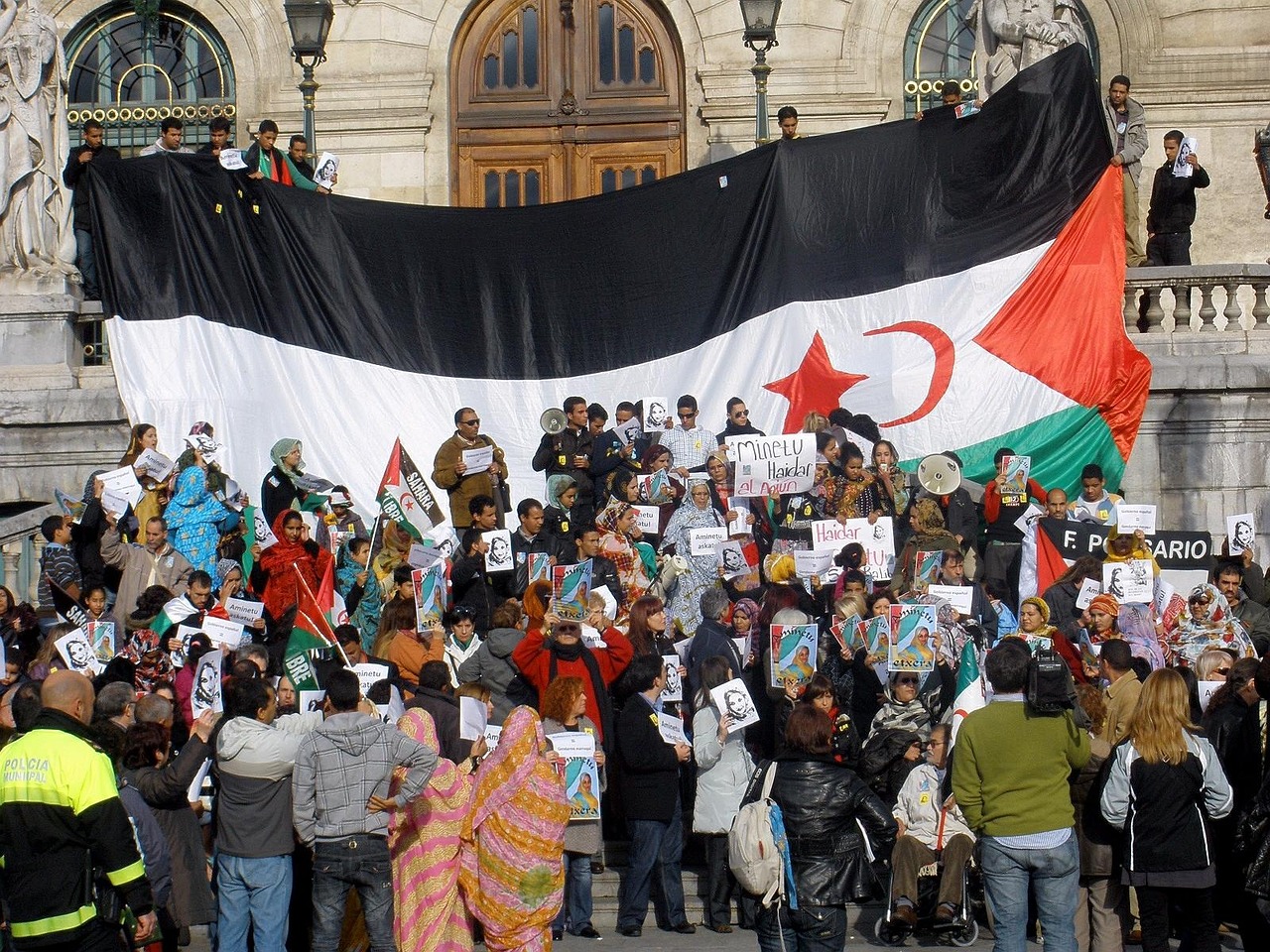
Economic Inequality and Liberalism
The relationship between economic inequality and political liberalism is a complex and often contentious topic. At its core, political liberalism champions the idea of equal rights and opportunities for all individuals, yet the stark reality of economic disparities challenges this foundational principle. As the gap between the rich and the poor widens, questions arise about the effectiveness of liberal democracies in promoting social justice and equality. Can a system that allows for such vast inequalities truly uphold the values of freedom and fairness?
To understand this better, let’s consider the implications of economic inequality on political liberalism. When wealth is concentrated in the hands of a few, it can lead to a disproportionate influence over political processes. Wealthy individuals and corporations often wield significant power in shaping policies, which can result in legislation that favors their interests over the needs of the broader population. This phenomenon, known as economic elitism, poses a direct threat to the democratic ideals of representation and equality.
Moreover, economic inequality can erode the social fabric of a society. When individuals feel that their economic status limits their political voice, disillusionment can set in. This disillusionment may lead to decreased political participation, as people begin to believe that their votes do not matter in a system that seems rigged in favor of the wealthy. The result is a vicious cycle where the gap between the affluent and the marginalized continues to grow, further undermining the principles of liberalism.
In response to this challenge, many proponents of political liberalism argue for the need to address economic inequality through various means, including:
- Progressive taxation: Implementing tax systems that place a heavier burden on the wealthy can help redistribute resources more equitably.
- Universal basic income: Providing a guaranteed income to all citizens could alleviate poverty and ensure a minimum standard of living.
- Access to quality education and healthcare: Ensuring that all individuals have access to essential services can help level the playing field and promote equality of opportunity.
However, the implementation of such measures often meets resistance from those who argue that economic freedom should not be compromised. They contend that liberalism's emphasis on individual rights and personal responsibility should take precedence over state intervention in economic matters. This debate raises critical questions: How do we balance the ideals of freedom with the necessity of social justice? Is it possible to maintain a liberal democracy while addressing the realities of economic inequality?
As we navigate these challenges, it becomes clear that the future of political liberalism may depend on its ability to adapt. Addressing economic inequality is not merely an economic issue; it is a fundamental question of what it means to live in a fair and just society. The evolution of political liberalism will likely require a re-examination of its core principles in light of contemporary challenges, ensuring that the ideals of liberty and equality are not just lofty aspirations but achievable realities for all.
- What is economic inequality? Economic inequality refers to the unequal distribution of wealth and income within a society, often leading to disparities in access to resources and opportunities.
- How does economic inequality affect political liberalism? Economic inequality can undermine the principles of political liberalism by concentrating power in the hands of a few, leading to unequal political representation and participation.
- What are some solutions to address economic inequality? Solutions include progressive taxation, universal basic income, and improving access to education and healthcare.
- Can political liberalism survive in an unequal society? The survival of political liberalism in an unequal society depends on its ability to adapt and address the challenges posed by economic disparities.
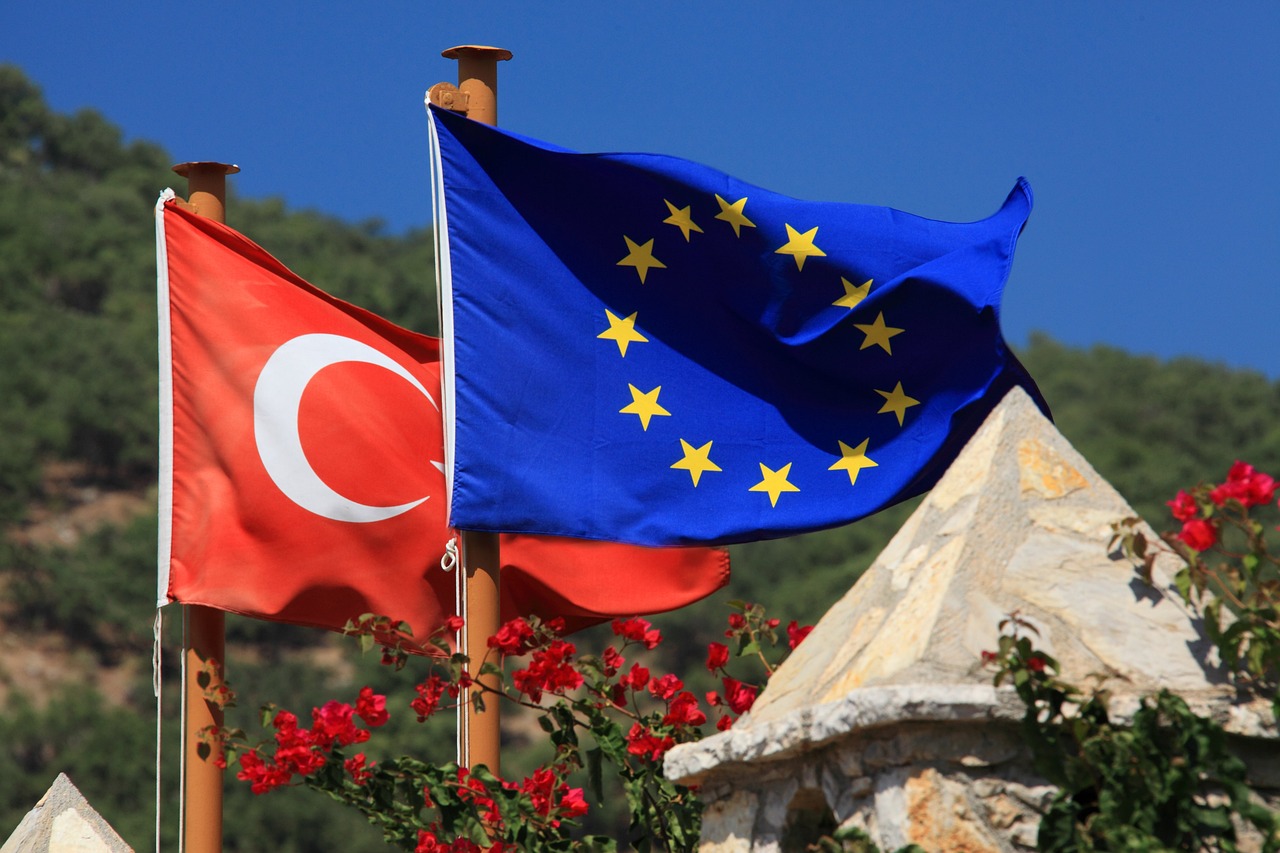
The Future of Political Liberalism
As we look towards the horizon, the future of political liberalism stands at a crossroads, shaped by the whirlwind of contemporary challenges that threaten its core principles. The world is evolving at an unprecedented pace, and with it, the very fabric of political systems is being tested. From the impact of globalization to the looming specter of climate change, liberalism must adapt to remain relevant and effective in advocating for individual rights and freedoms.
One of the most pressing issues is the phenomenon of globalization. While it has the potential to foster greater interconnectedness and cooperation among nations, it also poses significant risks to local cultures and economies. Political liberalism must navigate this complex landscape by promoting policies that protect the rights of individuals while also encouraging cross-border collaboration. The challenge lies in finding a balance between global governance and local autonomy, ensuring that the voices of individuals are not drowned out by the tide of global interests.
Furthermore, the climate crisis represents another formidable challenge for political liberalism. As environmental issues become more urgent, the liberal framework must evolve to incorporate sustainability as a core principle. This means advocating for policies that not only protect individual rights but also ensure a livable planet for future generations. The integration of environmental justice into liberal thought is crucial, as it emphasizes that the rights of individuals are intertwined with the health of the planet.
Technological advancements also play a pivotal role in shaping the future of political liberalism. The rise of digital communication and social media has transformed how individuals engage with political ideas and movements. While these platforms can empower voices and foster democratic participation, they also present challenges such as misinformation and the erosion of privacy. Political liberalism must address these issues by promoting digital literacy and advocating for regulations that protect individual rights in the digital realm.
In light of these challenges, the future of political liberalism may involve a reimagining of its core tenets. This could mean a shift towards a more inclusive approach that recognizes the diverse needs of various communities. By embracing a pluralistic perspective, political liberalism can strengthen its foundations and ensure that it remains a viable framework for addressing the complexities of modern society.
Ultimately, the future of political liberalism hinges on its ability to adapt and respond to the needs of individuals in an ever-changing world. It is a call to action for thinkers, policymakers, and citizens alike to engage in meaningful dialogues about the direction of our political systems. As we face the challenges of globalization, climate change, and technological disruption, the principles of liberty, equality, and justice must continue to guide our path forward.
- What is political liberalism? Political liberalism is a political philosophy that emphasizes individual rights, democracy, and the rule of law, advocating for a society where individuals can pursue their own paths while coexisting with others.
- How has globalization impacted political liberalism? Globalization has created both opportunities and challenges for political liberalism, necessitating a balance between global cooperation and local autonomy to protect individual rights.
- What role does technology play in the future of political liberalism? Technology influences political liberalism by reshaping communication and engagement, but it also raises concerns about misinformation and privacy that need to be addressed.
- Why is climate change important for political liberalism? Climate change is crucial for political liberalism as it requires the integration of environmental justice into liberal thought, ensuring that individual rights are linked to the health of the planet.
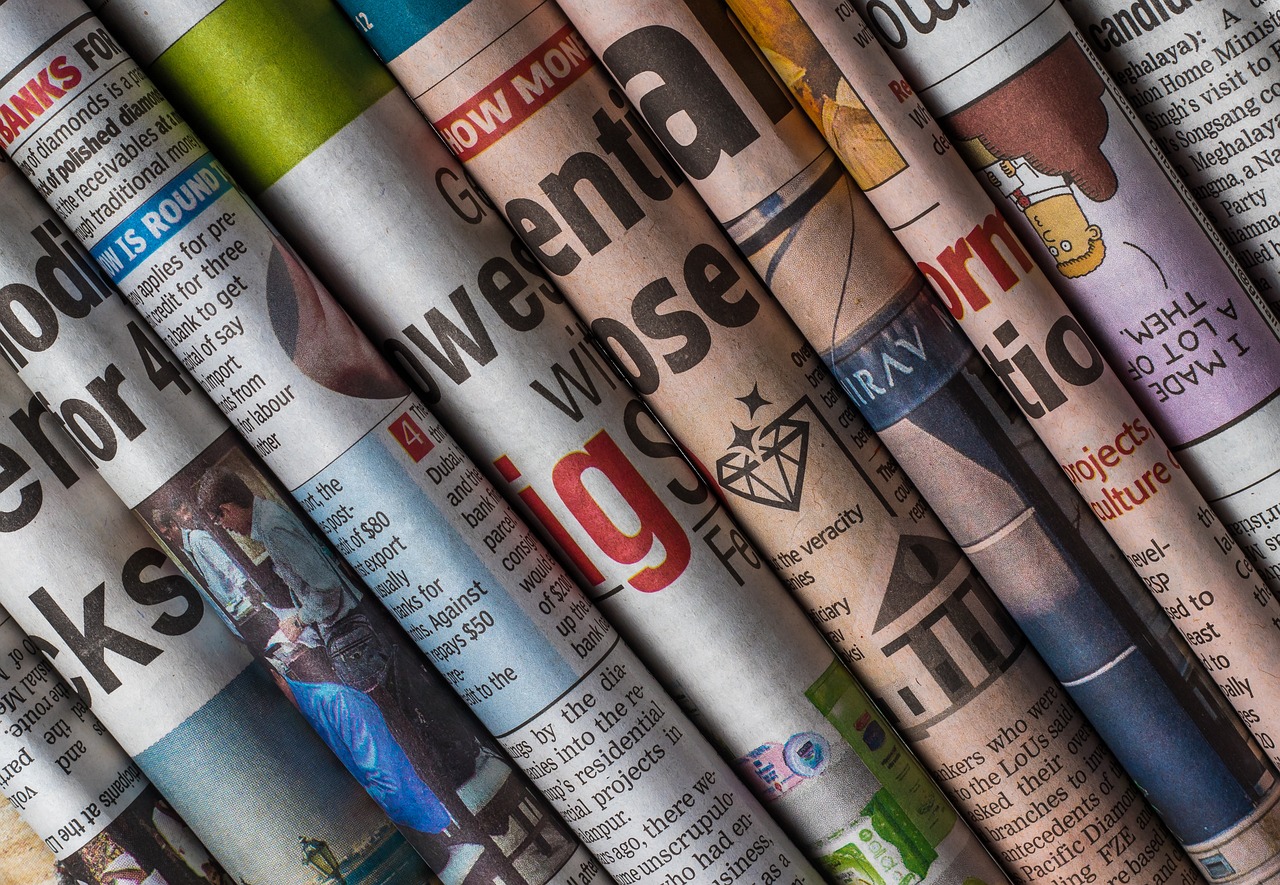
This article explores the philosophical foundations and historical development of political liberalism, examining its core principles, key thinkers, and the societal impacts that have shaped its evolution over time.
Understanding the historical context that birthed political liberalism is essential. This section delves into the Enlightenment period, highlighting the thinkers and ideas that laid the groundwork for liberal thought.
This section examines influential philosophers such as John Locke, Jean-Jacques Rousseau, and John Stuart Mill, discussing their contributions to liberal theory and how their ideas shaped modern democratic principles.
Locke's social contract theory emphasizes individual rights and government by consent. This subheading explores his ideas on property, liberty, and the role of government in protecting these rights.
Locke's assertion of natural rights, including life, liberty, and property, is foundational to liberalism. This section discusses how these rights inform the relationship between individuals and the state.
Locke's theories significantly influenced the development of modern democratic systems. This part analyzes how his ideas helped shape constitutional frameworks and the concept of limited government.
Rousseau's concept of the general will introduces a collective aspect to liberalism. This section discusses how his ideas of democracy and civic freedom challenge individualism in political thought.
Political liberalism has faced numerous challenges throughout history, including authoritarianism, nationalism, and economic inequality. This section examines these challenges and their implications for liberal ideals.
The rise of authoritarian regimes poses a significant threat to liberal democracy. This subheading discusses the factors contributing to this resurgence and its impact on political freedoms.
Increasing economic inequality raises questions about the effectiveness of political liberalism in ensuring social justice. This section explores the relationship between economic disparities and liberal political structures.
Looking ahead, this section contemplates the potential evolution of political liberalism in response to contemporary challenges, including globalization, climate change, and technological advancements.
- What is political liberalism? Political liberalism is a philosophy that emphasizes individual rights, freedom, and equality under the law, advocating for a government that is accountable to its citizens.
- Who are the key philosophers associated with political liberalism? Key philosophers include John Locke, Jean-Jacques Rousseau, and John Stuart Mill, each contributing unique ideas that shaped liberal thought.
- What are natural rights? Natural rights are fundamental rights inherent to all individuals, including life, liberty, and property, as articulated by John Locke.
- How does economic inequality affect political liberalism? Economic inequality can undermine the principles of political liberalism by creating disparities in power and access to resources, challenging the notion of equal rights for all.
- What challenges does political liberalism face today? Political liberalism faces challenges from authoritarianism, rising nationalism, and economic inequality, which threaten its foundational principles.
Frequently Asked Questions
-
What is political liberalism?
Political liberalism is a philosophy that emphasizes individual rights, freedom, and equality. It advocates for a government that is accountable to its citizens and operates with their consent, ensuring that everyone has a voice in the political process.
-
Who are the key philosophers associated with political liberalism?
Some of the most influential philosophers include John Locke, Jean-Jacques Rousseau, and John Stuart Mill. Each of these thinkers contributed significantly to liberal theory, shaping ideas about democracy, individual rights, and the role of government.
-
How did John Locke influence political liberalism?
John Locke's social contract theory is foundational to political liberalism. He argued that individuals have natural rights to life, liberty, and property, and that governments must protect these rights. His ideas laid the groundwork for modern democratic systems and the concept of limited government.
-
What does Rousseau mean by the 'general will'?
Rousseau's concept of the 'general will' refers to the collective interest of the people, emphasizing democracy and civic freedom. It challenges the idea of individualism by suggesting that true freedom comes from participating in the collective decision-making process.
-
What challenges does political liberalism currently face?
Political liberalism faces several challenges, including the rise of authoritarianism, increasing economic inequality, and the impacts of globalization. These issues raise critical questions about the effectiveness of liberal ideals in ensuring social justice and maintaining democratic freedoms.
-
What is the future of political liberalism?
The future of political liberalism will likely involve adapting to contemporary challenges such as climate change, technological advancements, and shifting global dynamics. This evolution may lead to new interpretations and applications of liberal principles to ensure they remain relevant in a changing world.



















